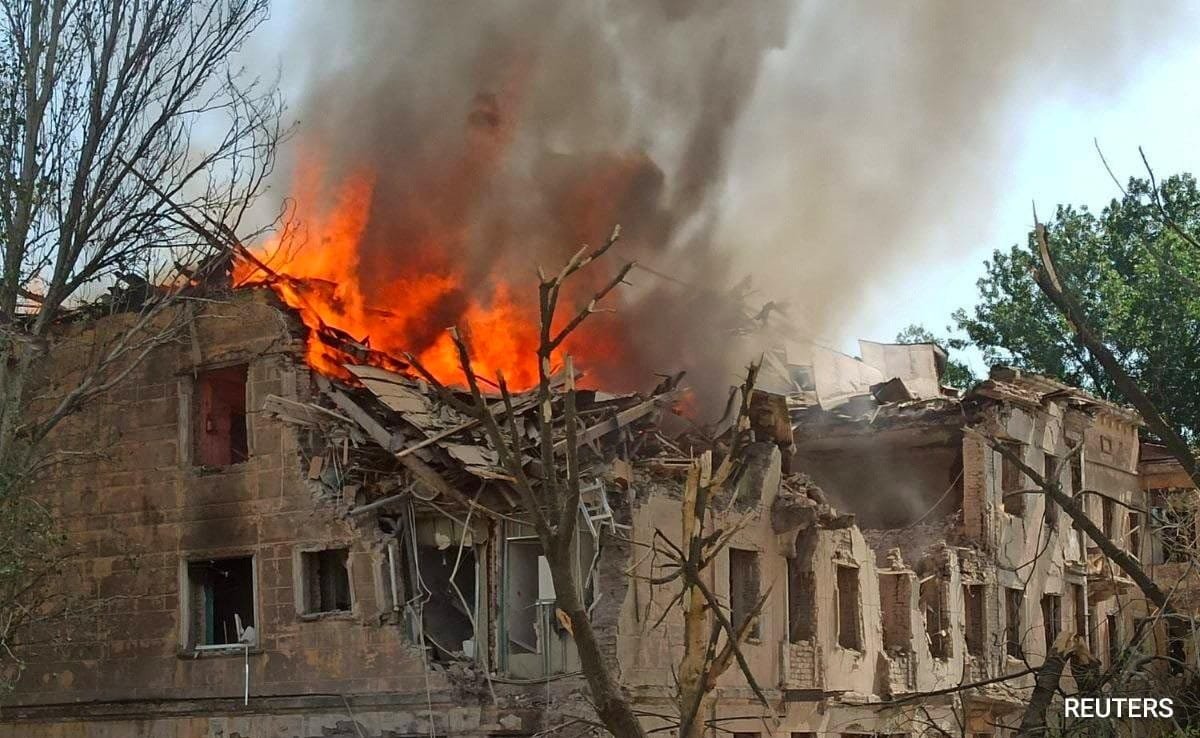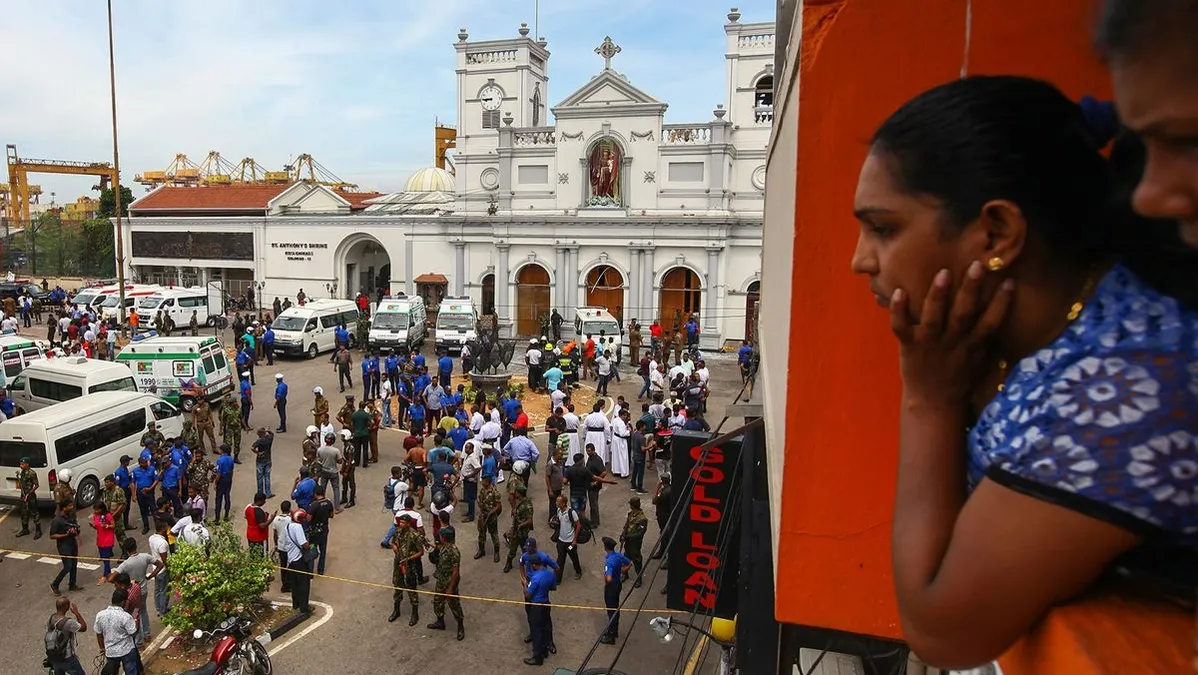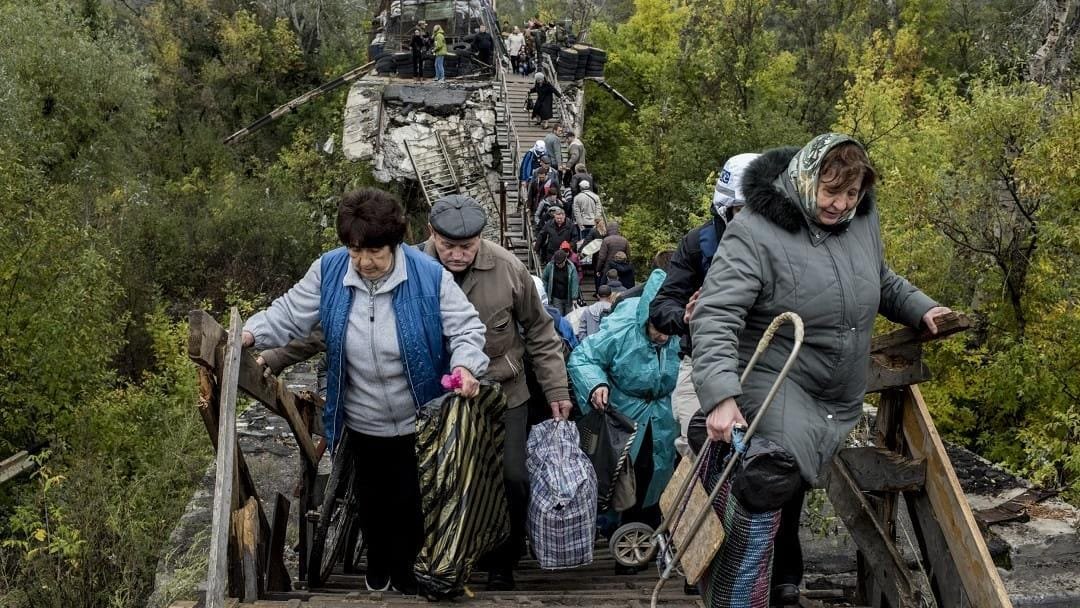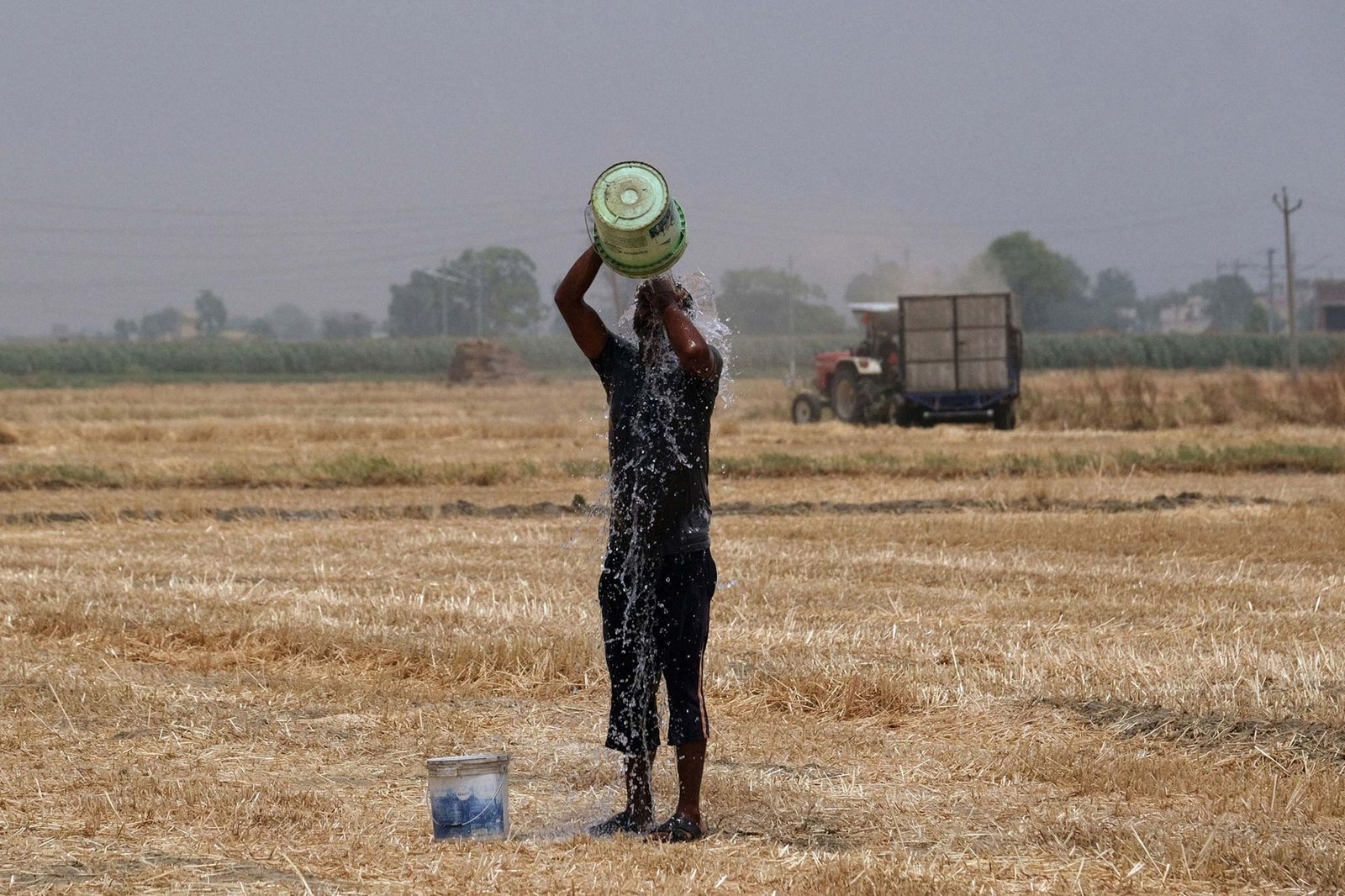In the early hours of Friday, a Russian missile attack struck Kharkiv, Ukraine’s second-largest city, causing havoc and destruction. Local officials reported that the attack injured two individuals, including a child, and ignited fires that engulfed three residential homes.
Governor Oleh Syniehubov conveyed via the Telegram messaging app that two people, including an 11-year-old child, suffered from shell shock due to the assault. Mayor Ihor Terekhov disclosed that an S-300 missile had crashed into the city, wreaking havoc by damaging 26 buildings, with two of them being completely destroyed. The precise nature of these buildings remains unspecified.
At dawn, a Reuters cameraman observed fires raging within what seemed to be residential areas, prompting emergency services to swiftly intervene amidst the rubble to extinguish the flames.
According to Ukrainian air force spokesperson Illya Yevlash, Russia unleashed two S-300/S-400 missiles on the region overnight, though the whereabouts of the second missile’s impact remain unclear.
Governor Syniehubov further reported that another guided bomb attack inflicted damage on approximately 25 structures, striking near an infrastructure facility in the town of Derhachi near the Russian border.
The intensified missile and drone assaults by Russia in recent months have inflicted severe damage on Kharkiv’s infrastructure. Consequently, electricity infrastructure has been severely compromised, necessitating the implementation of rolling blackouts in Kharkiv and its vicinity, sparking concerns about future energy shortages as demand escalates.
In the southern regions, Ukrainian air defenses successfully intercepted all ten drones launched by Russia at the regions of Odesa, Mykolaiv, and Kherson.
Despite Moscow’s denials of targeting civilians, the toll on innocent lives continues to mount, with hundreds of civilians perishing in the conflict. Russia defends its strikes on the power grid as legitimate actions, citing them as retaliation for Ukrainian drone attacks on Russian oil refineries.



